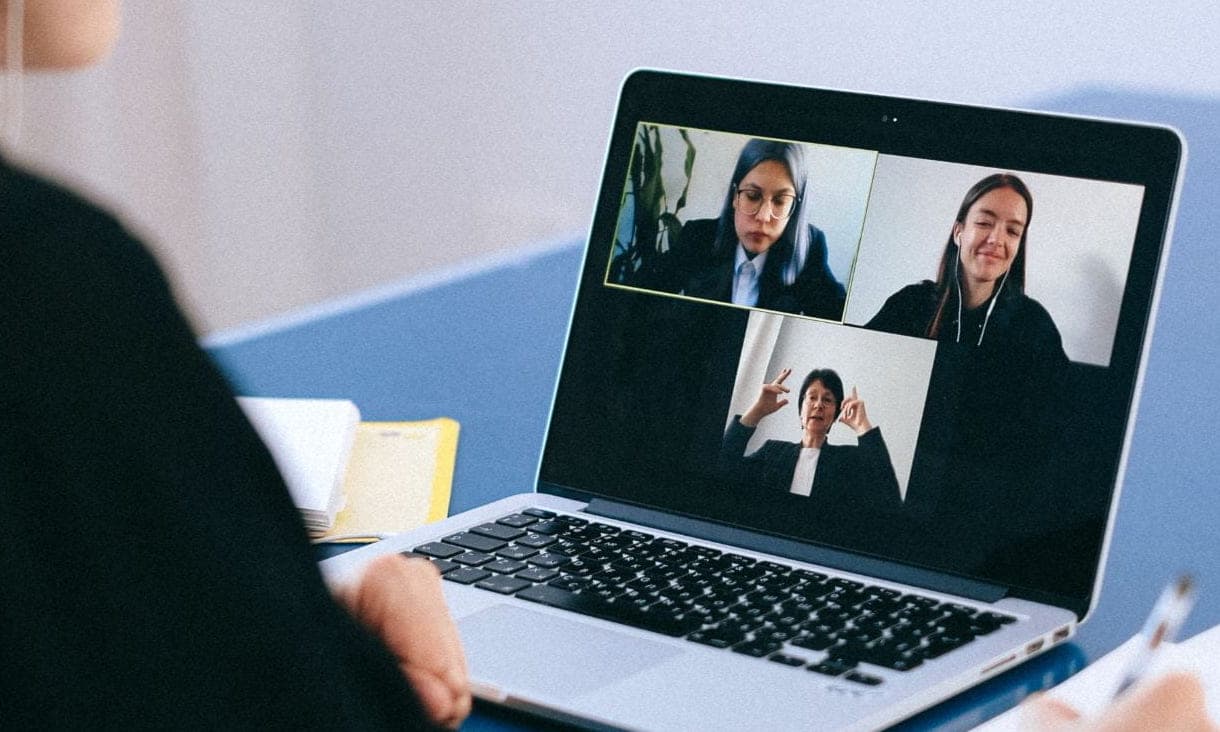Although digital transformation is racing ahead, the ability to undergo a digital transformation is harder than most people think, with 70% of digital transformation programs not reaching their stated goals.
Why is that? Why do some companies succeed in their digital transformation and others do not? The reasons are as manifold as the companies themselves but there are basic rules that many managers get wrong from the beginning.
Following those rules will not only help make your digital transformation a success, but it will also present you with new and lasting ways to establish collaborations.
Here are five key imperatives that foster a digital culture aligned with your open innovation strategy:
1. Determine your strategy first before you start your journey
The first question your team needs to ask is why are you undergoing a digital transformation? What do you want to achieve through your transformation journey? Where you want to get will determine what you need to get there. At the end of the day, you’re not implementing technology to play with new shiny tools, but rather to support your business goals aligned with your open innovation strategy.
2. Recognising the organisational culture
Once you have your strategy, then you need to start thinking about your organisational culture, and how the shared values and beliefs can impact your new goals. A study by Boston Consulting Group shows that 90% of companies that focus on digital culture, achieve breakthrough performances. That means that culture plays a bigger role in your digital transformation process than the technology that you use. Making sure that values, beliefs and common practices are communicated and more importantly lived at every level of your organisation is crucial when going through a change like digital transformation.
3. Developing the right mindset
Underpinning the organisational culture is the employee’s open mindset and readiness to be part of the digital transformation journey as well as their willingness to share ideas. The fact is that if your employees lack an open mindset, change will not happen, no matter how good the technology is that you’re using.
And while leadership is a huge factor when it comes to the success of your digital transformation process, more often than not the impact of employees in the transformation process is overlooked. If you are rolling out new technologies, make sure that your employees know how to use them to make the most out of them.
Furthermore, to ensure that your employees are not overwhelmed and become a roadblock, it’s advisable to consider the employees’ perspective in your digitalisation process. This will ensure that your employees become part of this journey and drive the organisational culture.
4. Empowering your employees
One of the ways to develop an open mindset is to find a way to empower your employees. You want to generate more innovation and bring it to market faster? Create a platform where your employees have the necessary freedom to develop and share new ideas.
Adobe introduced something that serves as a great example of such a platform: The Adobe Kickbox. The idea is simple: Any employee can request a $1,000 prepaid credit card to spend on the development of a new idea. No questions asked. The Kickbox is a great way to empower employees and foster innovation on many different levels. It helps to eliminate the fear of failure, creates ownership and shows employees that managers are interested in what they have to say.
5. Establishing Corporate Incubators
Another way to empower your employees, is by establishing corporate incubators that enable employees to cross-collaborate in a start-up environment to develop their ideas. This open innovation approach includes the ability for employees to collaborate with start-ups, tech suppliers and designers from around the world. There are many examples of companies that use corporate incubators to collaborate with partners within and outside of the organisation. Take Samsung NEXT, Lego Ventures or AT&T Foundry for example.
COVID-19 consequences force companies adapt to the new remote business world, change their previous way of working and go digital. We have already seen companies like Hertz, Lord & Taylor and J.C Penney go under due to their inability to enter the digital world and this is just the beginning. Creating a precedent that companies need to align their digital transformation journey with their open innovation strategy. It is critical for companies to establish a shared open mindset and digital culture within and across the collaborating companies to make employees feel empowered to go digital.
Aurelia Engelsberger is a PhD candidate in the School of Management who has founded her own Open Innovation consulting firm named OMIND consulting. Tanja Juskov is a member of OMIND consulting and external to RMIT. On the firm’s blog both Aurelia and Tanja publish regularly on topics around how to enable organisations to exchange knowledge with external partners and open up for innovation.
Geoffrey Mann is a PhD candidate in the School of Accounting, Information Systems & Supply Chain who is currently an Innovation Advisor to Wilson Security & PGA. Geoffrey has over 7 years of experience in designing and implementing digital channel strategies for accelerated digital transformation projects across the renewable energy, education, retail, security, entertainment and media sectors.







